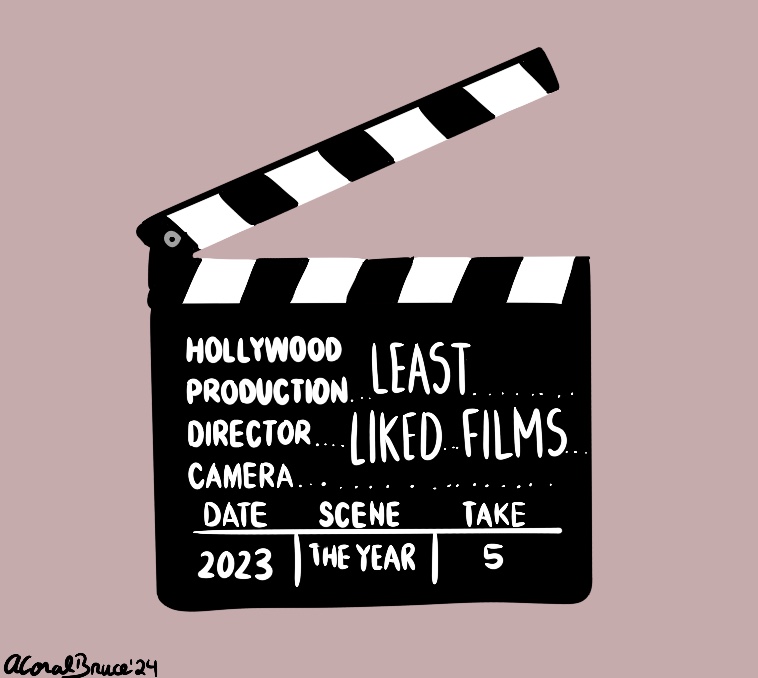The Review reports the truth, good or bad.
We know that doesn’t always settle well with students and faculty, but it’s our job. Yes, we do get some things wrong, and we apologize for that. The fact this is a private college doesn’t help, either. However, to ask us to not print something just because you don’t think it will reflect well on you or the college is something we can’t accept. It seems like other newspapers hold that same belief.
“Newspapers were protected Thursday from lawsuits challenging accurate reporting that could possibly cast someone in a bad light,” an article in the Pensacola News Journal on Oct. 24 stated. “The Florida Supreme Court, in a pair of rulings, said libel and defamation lawsuits offer enough protection and refused to recognize ‘false-light’ invasion of privacy as grounds to sue.”
This is a huge deal to the media. We agree with Kevin Doyle, president and publisher of the News Journal: It’s pretty hard to think about the truth not being a defense.
To those who might not understand what is so important about this kind of decision, let us explain.
False light is considered an invasion of privacy issue, one created by casting an individual in a false light through what is reported. The issue here is the facts have to be false. If the facts amount to substantial truth, the case is dismissable.
It is an invasion of privacy, though, to publish false information about someone that casts a false light on him or her. In regard to the law, before a case can be mounted, the information must be considered offensive to a reasonable person.
Also, the plaintiff must prove the information was published negligently, with knowledge of its falsity or with reckless disregard for the truth.
Why should reporters and newspapers have to worry about publishing truthful information just because it might offend someone?
Dennis Larry, a Pensacola attorney who represents the journal, said the state’s highest court set proper standards, standards the Review agrees with.
“The trouble with this false light cause of action is anytime you publish a story that includes accusations, you can always find someone who’s offended,” Larry said in the article. “That’s a dangerous thing. This decision returns newspapers to where they were and where they ought to have been all along.”
The Review cannot speak for other newspapers, but we work hard so our reporters don’t publish words that are literally true but can be misconstrued by the public, such as the defendant in the Florida case said.
Please be sure to understand we will report the news fairly and equally to the best of our ability. If we report on one person getting in trouble, why wouldn’t we report
on you?






